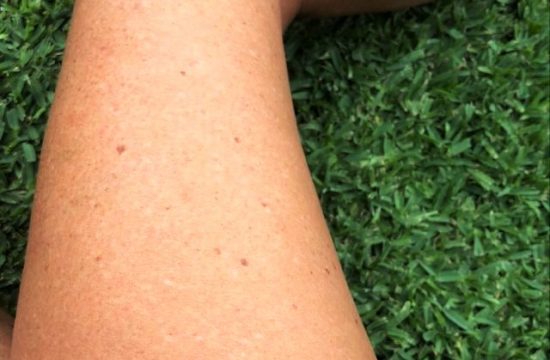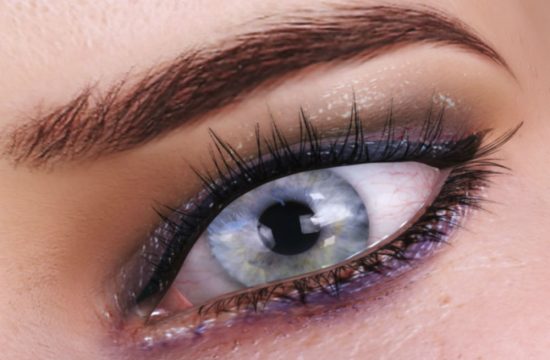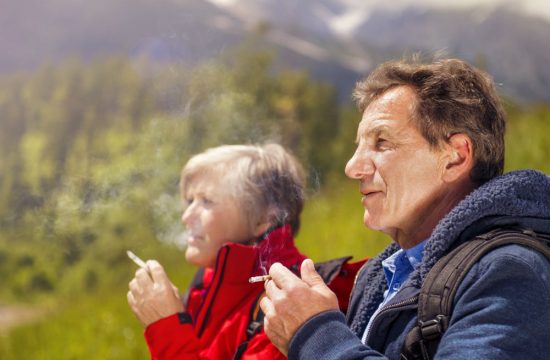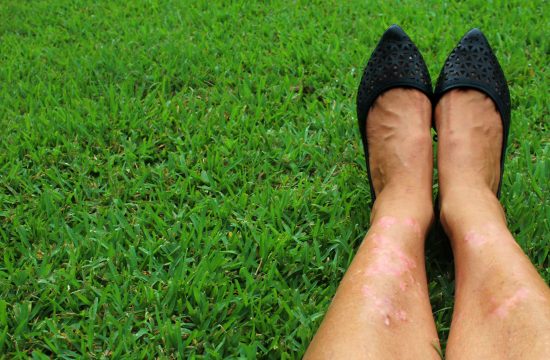After years of pointing the finger at my genetic gene pool for the genesis of my psoriasis, I may have it all wrong. Previous studies have supported the case that there is a greater likelihood of two identical twins both having psoriasis than the rate of two non-identical twins both having psoriasis. However, because science and research are an ever unfolding rug that is pulled out from under us, this is not always the case, as we learn there are other causes of psoriasis besides the common belief that the condition is hereditary.
It has been shown that psoriasis is not only a genetic condition and science is looking at how the interaction with microbia on the skin contributes to psoriasis regardless of genetic traits. Research data shows that not all identical twins develop psoriasis together or consistently, suggesting that psoriasis is not just of genetic origin.[1] The research data revealed that genetic factors underpin 66–90% of the variation in risk of developing psoriasis [2]. This shows us there are also nongenetic factors that contribute to psoriasis. While many Psoriasislife articles promote healthy lifestyle and mindfulness to prevent psoriasis, we aim to explore the new science of how the skin microbiota may provoke psoriasis.
1. Brandrup F, Holm N, Grunnet N, Henningsen K, Hansen HE. Psoriasis in monozygotic twins: Variations in expression in individuals with identical genetic constitution. Acta Derm Venereol. 1982;62:229–36.
2. Lønnberg AS, Skov L, Skytthe A, Kyvik KO, Pedersen OB, Thomsen SF, et al. Heritability of psoriasis in a large twin sample. Br J Dermatol. 2013;169:412–6. doi: 10.1111/bjd.12375.












